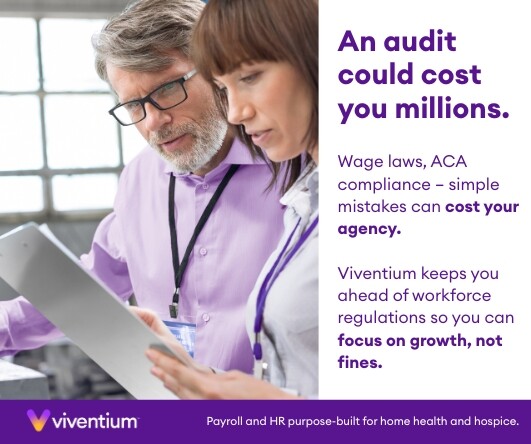by Elizabeth E. Hogue, Esq.
Bring on the Fraud Enforcers
We Have Nothing to Hide!
Oh, but you do! Statements like this from providers are cringe-worthy. If you have said it before, please don’t ever say it again.
Here’s why:

First, many providers think that when fraud enforcers are required to show intent they must show that providers sat down at their desks on a Friday afternoon, for example, and decided to engage in fraud. On the contrary, enforcers can demonstrate intent by showing that there was fraudulent conduct that providers knew about or should have known about. This is a game changer! It’s not hard to imagine fraudulent conduct that providers should have known about, but have not identified and corrected.
In addition, George Will points out in his Washington Post column, “Have you committed a felony yet? Probably so.” that the volume of legal requirements has skyrocketed. Here is what Mr. Will says:
“Less than a century ago, …a single volume contained all federal statutes. By 2018, they filled 54 volumes – about 60,000 pages. In the past 10 years, Congress has enacted about 2 million to 3 million words of law each year. The average length of a bill is nine times what it was in the 1950s. Agencies publish their proposals and final rules in the Federal Register, which began at 16 pages in 1936, and now expands by an average of more than 70,000 pages annually. By 2021, the Code of Federal Regulations filled about 200 volumes. And in a recent 10-year span, federal agencies churned out approximately 13,000 guidance documents.”
Mr. Will goes on to point out that ignorance of the law is, therefore, inevitable. Congress has added an average of 56 new federal crimes each year so that there are not more than 5,000 federal statutory crimes. In addition, at least 300,000 regulations of federal agencies include criminal sanctions.
Here are some common examples:

-
- If you are a discharge planner/case manager in a hospital or skilled nursing facility you may not know about guidance from the Office of Inspector General of the U.S. Department of Health and Human Services that says you can’t accept gift cards from post-acute providers that want referrals.
- If you are a home care/private duty provider and accept payments from the Medicaid Program, you may have repeatedly violated technical requirements, such as recording the time caregivers arrive and leave patients’ homes.
- If you provide home health services and use the services of consulting physicians as Medical Directors, chances are very good that fraud enforcers will demonstrate that you violated at least one of a multitude of requirements that govern these relationships.
- Finally, hospice providers know all too well that enforcers are going to claim that their patients are not terminally ill.
Mr. Will says in his column that James Madison predicted our current situation in which laws are “so voluminous that they cannot be read, or so incoherent that they cannot be understood” and “undergo such incessant changes that no man, who knows what the law is today, can guess what it will be tomorrow.”
So, don’t even think that you have nothing to hide, much less say it!
# # #


Elizabeth Hogue is an attorney in private practice with extensive experience in health care. She represents clients across the U.S., including professional associations, managed care providers, hospitals, long-term care facilities, home health agencies, durable medical equipment companies, and hospices.
©2024 by The Rowan Report, Peoria, AZ. All rights reserved. This article originally appeared in Healthcare at Home: The Rowan Report. One copy may be printed for personal use: further reproduction by permission only. editor@therowanreport.com
©2024 Elizabeth E. Hogue, Esq. All rights reserved.
No portion of this material may be reproduced in any form without the advance written permission of the author.



